(626) 539-3524
Learning to Sit with Discomfort: How ACT Helps Trauma Survivors

Trauma is a profound and life-altering experience. It can leave survivors feeling lost, disconnected, and overwhelmed by emotions that seem unbearable. Many people develop coping mechanisms to escape this discomfort, such as avoidance, suppression, or numbing behaviors. While these strategies may provide temporary relief, they often prolong suffering and prevent deep healing.
Acceptance and Commitment Therapy (ACT) offers a different approach. Rather than attempting to control or escape discomfort, ACT teaches trauma survivors how to sit with difficult emotions in a way that fosters healing, resilience, and personal growth. Through mindfulness, cognitive defusion, values-based action, and self-compassion, ACT helps individuals break free from avoidance patterns and reclaim their lives.
Why Discomfort Feels Unbearable After Trauma
Trauma rewires the brain’s response to discomfort. When a person experiences something traumatic, their nervous system becomes highly sensitive to distress, interpreting even minor discomfort as a potential threat. This heightened response can lead to patterns of avoidance, including:
- Emotional suppression: Pushing down painful emotions to avoid feeling them.
- Self-isolation: Withdrawing from relationships or social activities to minimize distress.
- Addictive coping mechanisms: Using substances, food, work, or distractions to numb emotional pain.
- Over-controlling environments: Attempting to control every aspect of life to prevent unpredictable distress.
While these responses make sense as survival strategies, they often come at a cost. Avoidance prevents healing, leaving trauma survivors stuck in a cycle of fear and disconnection. ACT provides an alternative path—one that encourages engagement with life, even when it feels difficult.
How ACT Helps You Sit with Discomfort
ACT is based on the idea that trying to eliminate distress can actually intensify it. Instead of fighting discomfort, ACT teaches you how to make space for it in a way that promotes healing. Here’s how:
Mindfulness for Grounding
Mindfulness is a core component of ACT. It involves paying attention to the present moment without judgment. For trauma survivors, mindfulness helps create a sense of safety by allowing them to observe their thoughts and emotions without becoming overwhelmed by them. Mindfulness practices may include:
- Focusing on your breath when anxiety arises.
- Engaging in grounding techniques, such as feeling your feet on the floor.
- Noticing sensations in your body without labeling them as “good” or “bad.”
By practicing mindfulness, you develop the ability to witness discomfort without letting it consume you.
Defusing from Thoughts
Trauma often brings distressing thoughts, such as “I’m broken,” “I’ll never be safe,” or “I can’t handle this.” ACT teaches cognitive defusion—a technique that helps you separate yourself from these thoughts rather than accepting them as absolute truths.
For example, instead of saying, “I am worthless,” you might reframe it as, “I’m having the thought that I am worthless.” This small shift creates distance between you and your thoughts, reducing their emotional grip. Over time, you learn that thoughts are temporary mental events, not commands you must obey.
Acceptance Instead of Control
A key principle of ACT is that resisting discomfort often amplifies it. When we try to suppress emotions, they tend to resurface with greater intensity. ACT encourages acceptance—allowing emotions to exist without judgment or resistance.
Acceptance doesn’t mean you have to like discomfort, but it does mean acknowledging that distress is a natural part of being human. Rather than wasting energy trying to control what’s uncontrollable, you can focus on moving forward despite discomfort.
Values-Based Action
When trauma survivors avoid discomfort, they also avoid meaningful experiences. ACT helps shift the focus from avoidance to action by identifying personal values—what truly matters to you.
By clarifying values such as connection, growth, or authenticity, ACT encourages you to take small steps aligned with these values, even when discomfort arises. For example:
- If you value relationships but struggle with social anxiety, you might start by reaching out to a supportive friend.
- If you value creativity but fear failure, you might commit to five minutes of writing or painting each day.
Values-based action allows you to reclaim your life, even when discomfort is present.
Self-Compassion
Healing from trauma requires self-kindness. Many survivors carry deep shame, self-blame, or harsh inner criticism. ACT integrates self-compassion by encouraging a gentler, more understanding relationship with yourself.
Instead of criticizing yourself for feeling anxious, sad, or overwhelmed, ACT encourages self-talk that acknowledges your suffering with kindness. For example:
- “This is hard, and it makes sense that I feel this way.”
- “I am allowed to struggle and still be worthy of love.”
- “I’m doing the best I can with what I have.”
Developing self-compassion fosters long-term healing and helps reduce self-judgment, making it easier to sit with discomfort rather than avoid it.
Turning Discomfort into Growth
Sitting with discomfort is not about suffering—it’s about learning to engage with life fully, even when pain is present. Trauma survivors often fear that facing their emotions will lead to collapse or overwhelm. However, ACT provides a roadmap for building resilience, allowing you to experience distress without being consumed by it.
With time and practice, discomfort becomes less threatening. Instead of seeing emotional pain as something to be feared, you start recognizing it as part of the human experience—something you can handle rather than something that must be escaped. The more you practice ACT techniques, the more you strengthen your ability to tolerate distress while staying connected to what matters most.
Taking the First Step
Healing from trauma is a journey, not a destination. ACT provides tools that empower you to move forward, even when the path feels uncertain. Learning to sit with discomfort takes time, patience, and practice, but it’s a powerful step toward reclaiming your life.
If you’re ready to develop resilience, reconnect with your values, and break free from avoidance, ACT can help. At Bydand Therapy, we specialize in using ACT to support trauma survivors on their healing journey. Through telehealth therapy, we provide compassionate, evidence-based guidance to help you navigate discomfort and build a life that aligns with your deepest values.
Are you ready to take back control of your life? Reach out today to schedule a consultation and begin your journey toward healing and transformation.
Lastly, if you’re in Wyoming or California and seeking flexible telehealth therapy, we offer hour-long sessions designed to provide clarity and support as you navigate life’s challenges. Additionally, we offer international coaching through Bowen Family Systems, a powerful method for breaking unhealthy cycles, deepening relationships, and fostering lasting personal growth. Contact us to explore how we can support your journey.


